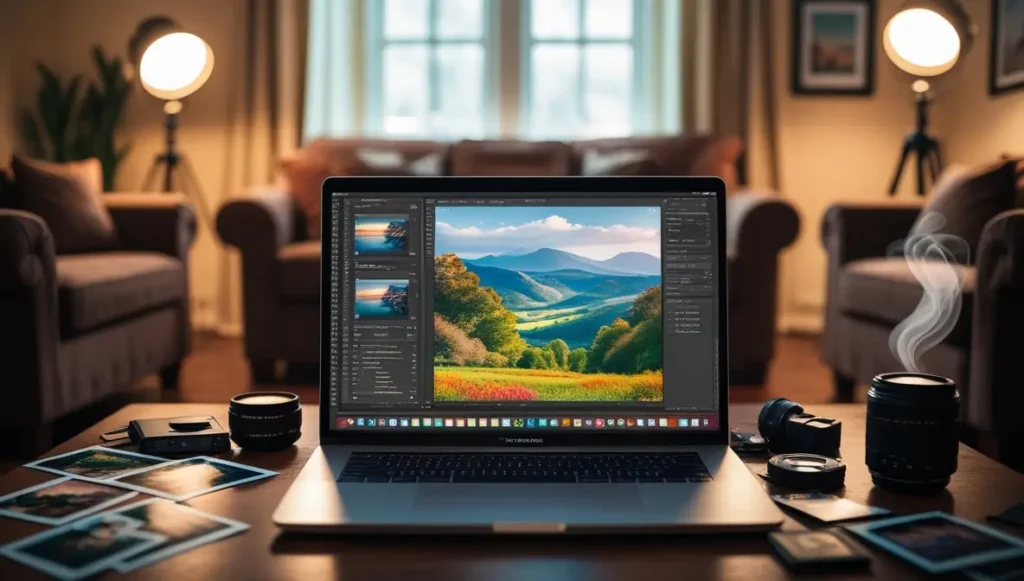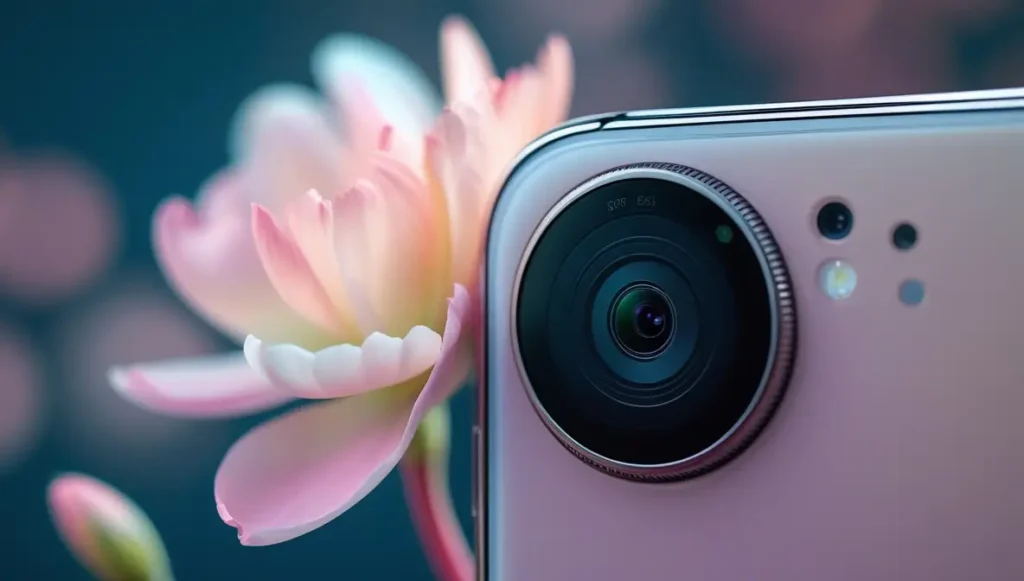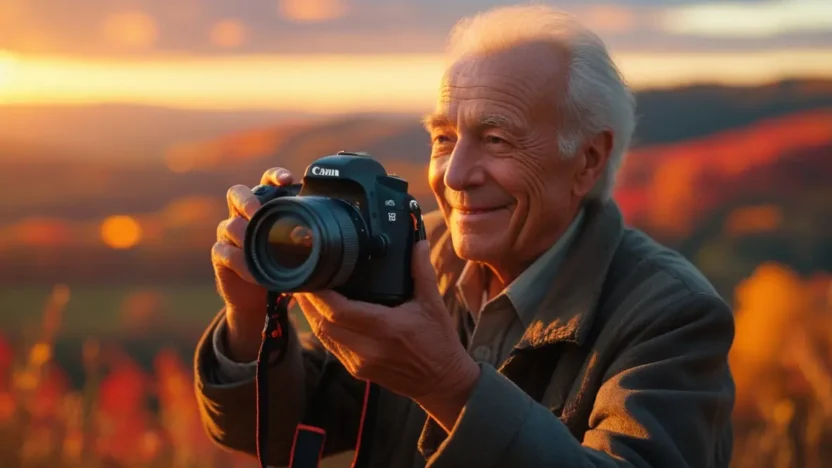Retirement offers the perfect opportunity to explore new hobbies, and photography is an excellent choice for creative expression and personal fulfillment. whether you’re capturing memories with loved ones or exploring scenic landscapes, photography allows you to see the world through a new lens. in this guide, we’ll walk you through the steps to learn photography after retirement and make the most of this rewarding hobby.
Why Is Photography a Great Hobby After Retirement?
Photography combines creativity, exploration, and technical skill, making it ideal for retirees who want to stay active and engaged. it also provides opportunities to connect with others, document life’s moments, and even generate income if desired.
Benefits of Learning Photography After Retirement
- Creative Outlet: Express yourself through visual storytelling.
- Physical Activity: Encourages walking and exploration of new places.
- Social Connection: Join photography clubs or groups to meet like-minded individuals.
- Legacy Building: Capture family moments and create lasting memories.
“photography is not just about taking pictures—it’s about seeing beauty in everyday life.”
Steps to Learn Photography After Retirement
Here’s a step-by-step guide to help you embark on your photography journey.
1. Choose the Right Camera
Your camera is your primary tool, so selecting one that suits your needs is essential. you don’t need the most expensive equipment to start—focus on usability and features.
Types of Cameras
- Smartphone Cameras: Perfect for beginners due to their convenience and built-in editing tools.
- Point-and-Shoot Cameras: Compact and user-friendly, great for casual photographers.
- DSLR or Mirrorless Cameras: Offer advanced features and interchangeable lenses for more creative control.
Tips for Choosing a Camera
- Consider your budget and intended use (e.g., travel, family photos).
- Look for models with intuitive controls and beginner-friendly settings.
- Test cameras in-store to ensure they feel comfortable in your hands.

2. Learn the Basics of Photography
Understanding the fundamentals will help you take better photos and grow your skills over time.
Key Concepts to Master
- Composition: Use the rule of thirds, leading lines, and framing to create visually appealing images.
- Lighting: Learn how natural and artificial light affect your photos. shoot during golden hour (early morning or late afternoon) for soft, flattering light.
- Exposure Triangle: Understand the relationship between aperture, shutter speed, and ISO to control brightness and clarity.
Resources for Learning
- Online tutorials from platforms like YouTube or Skillshare.
- Photography books like Understanding Exposure by Bryan Peterson.
- Local workshops or community classes for hands-on learning.
3. Start Practicing Regularly
Practice is key to improving your skills. begin with simple subjects and gradually experiment with more complex techniques.
Practice Ideas
- Take photos of everyday objects around your home to practice composition.
- Visit local parks, landmarks, or markets to capture diverse scenes.
- Experiment with different angles, perspectives, and lighting conditions.
Tracking Progress
- Keep a photo journal to document your improvement over time.
- Review your favorite shots and identify areas for growth.

4. Explore Different Types of Photography
Trying various styles helps you discover what resonates with you and keeps the hobby exciting.
Popular Photography Styles
- Landscape Photography: Capture the beauty of nature and outdoor environments.
- Portrait Photography: Focus on people, expressions, and emotions.
- Wildlife Photography: Document animals in their natural habitats.
- Street Photography: Capture candid moments in urban settings.
How to Choose a Style
- Reflect on your interests and passions.
- Consider the equipment and settings required for each style.
- Start with one or two styles before branching out.
5. Join a Photography Community
Connecting with other photographers provides support, inspiration, and opportunities to learn.
Ways to Engage with Communities
- Join local photography clubs or meetups.
- Participate in online forums like Reddit’s r/photography or Facebook groups.
- Attend photography exhibitions or events to network and gain insights.
Benefits of Community Involvement
- Receive constructive feedback on your work.
- Collaborate on group projects or photo walks.
- Stay motivated and inspired by others’ achievements.
6. Invest in Editing Software
Post-processing enhances your photos and allows you to refine your artistic vision.
Recommended Editing Tools
- Free Options: Snapseed, GIMP, or Canva for basic edits.
- Paid Options: Adobe Lightroom or Photoshop for advanced editing capabilities.
Editing Tips
- Adjust exposure, contrast, and color balance to enhance your images.
- Crop and straighten photos to improve composition.
- Avoid over-editing; aim for a natural, polished look.
7. Set Goals and Challenges
Setting goals keeps you motivated and gives you a sense of accomplishment.
Examples of Goals
- Complete a 30-day photography challenge (e.g., one photo per day).
- Create a photo album or scrapbook of your best work.
- Submit photos to contests or exhibitions for recognition.
Staying Consistent
- Dedicate specific days or times for photography practice.
- Celebrate small milestones to stay encouraged.
8. Share Your Work
Sharing your photos allows you to showcase your talent and connect with others.
Ways to Share Your Photos
- Create an online portfolio using platforms like Instagram, Flickr, or SmugMug.
- Print and frame your favorite shots to display at home.
- Gift photo albums or prints to family and friends.
Overcoming Fear of Judgment
- Remember that photography is subjective; focus on what brings you joy.
- Seek feedback from trusted sources to improve your craft.
Frequently Asked Questions About Learning Photography After Retirement
Do I Need Expensive Equipment to Start?
No, you can start with a smartphone or entry-level camera. focus on mastering the basics before investing in advanced gear.
How Long Does It Take to Learn Photography?
Learning is a continuous process, but you can start taking decent photos within weeks by practicing regularly and studying the fundamentals.
What If I Don’t Have Artistic Skills?
Photography is about observation and practice, not innate talent. anyone can learn to take compelling photos with dedication.
Can Photography Be a Source of Income?
Yes, many retirees sell their photos online, teach workshops, or offer services like event photography. however, treat it as a passion first and a business second.



